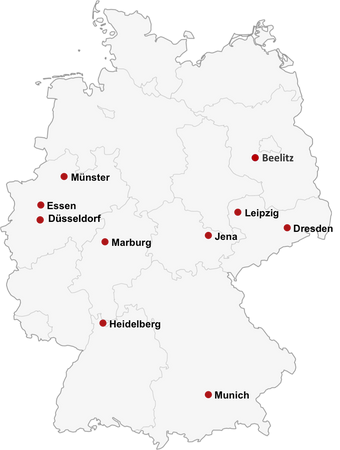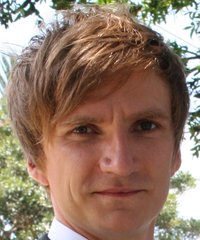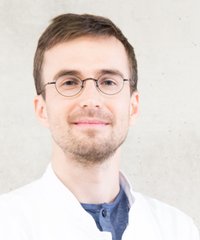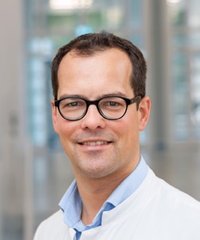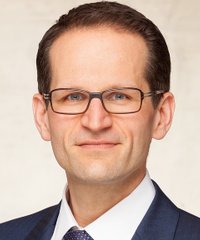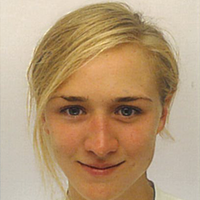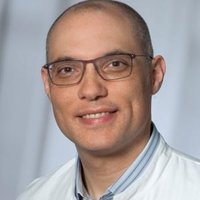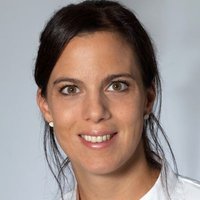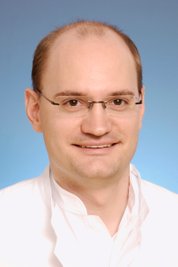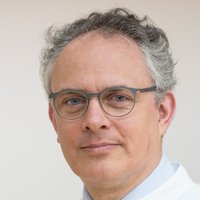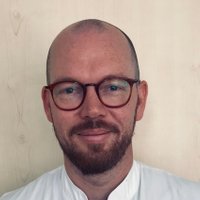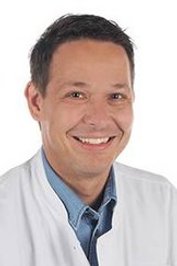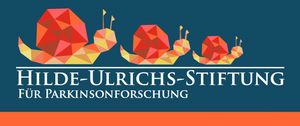DUE TO THE RARITY OF THE DISEASE, ONLY A MULTICENTER APPROACH IS FEASIBLE
David Liuzzo via Wikimedia Commons (CC 2.0)
OUR CURRENT PROJECT
13 clinics participate in our project.
OUR SUPPORTED PROJECTS
Part 1: How should future therapies and clinical trials be designed? Patients' attitudes
Our current study comprehensively surveys patients with MSA and Parkinson's on how clinical trials and disease-modifying therapies for these diseases should be designed. In our questionnaire we are asking which side effects are particularly severe and which would be bearable. Moreover, we are assessing the willingness of patients to take therapy-associated risks.
We are specifically investigating whether the willingness to take risks correlates with the disease burden (assessed using the health-associated quality of life). Furthermore, our goal is to find out more about the general attitude of patients towards clinical trials and possible barriers that prevents them from participating. This study is now completed and published. Everyone can check the results for free: https://www.nature.com/articles/s41531-024-00764-5.
Part 2: How do patients with MSA and Parkinson's dream?
We are investigating potentially burdensome, but so far not assessed, symptoms linked to the contents of the patients' dreams. For that purpose, we use a 'dream questionnaire'. The majority of MSA patients suffer from a REM-Sleep-Behaviour-Disorder. Moreover, 50% of all patients with Parkinson's suffer from this disorder.
The disorder is characterised by a loss of muscle tension during the REM-sleep. This leads to the patients living out their often vivid and sometimes even violent dreams. We hypothesise that these brutal and possibly disturbing dreams increase the disease burden of patients with MSA and Parkinson's.
Part 3: Characterising clinical features of patients with MSA and Parkinson's
For the analysis we need a comprehensive picture of the health state of our participants. We are collecting some data retrospectively from the patients' medical records. Among other things, we are checking for additional diseases, such as terminal cancer, which could potentially increase the suffering and the patients' willingness to take risks. Moreover, it is invaluable for us to have information about the cognitive state of our patients and to know in which stage of the disease they are.
Patients in a later stage of the disease, which may already be tied to a wheelchair, suffer more than patients which aren't physically impaired and are still able to take care of themselves. Moreover, we are collecting information about symptoms specific to MSA and Parkinson's to improve the characterisation of the disease burden, such as incontinence, impotence, orthostatic hypotension, REM sleep behavior disorder, slowing movement (bradykinesia), tremor and stiffness (rigor).
For all our projects: Our study database
For our digital, web-based collection of our questionnaires, we teamed up with secuTrial® to create a state of the art database. secuTrial® is a browser-based Good-Clinical-Practice EDC system for collection of patient data. As one of the first web-based systems of its kind, it was originally developed by the Kompetenznetzwerk Parkinson and belongs nowadays to the top 5 most used electronic database systems for clinical research in Europe.
DOCTORS SUPPORTING OUR PROJECT
BEELITZ
Priv.-Doz. Dr. Florin Gandor
Dr. Florin Gandor works as a senior physician and neurologist in Beelitz and supports our projects there.
ROSTOCK
Dr. Kevin Peikert
Dr. Kevin Peikert works as a physician at the neurological clinic at the university hospital in Rostock. He is a co-founder of YAMSA e.V. and supports our project there.
ESSEN
Dr. Michael Fleischer
Dr. Michael Fleischer works as a physician at the university hospital Duisburg-Essen and supports our project there.
GOETTINGEN
Priv-Doz. Dr. Christoph van Riesen
Priv.-Doz. Dr. Christoph van Riesen is a senior physician and leads the outpatient clinic for Parkinson's Disease, movement disorders and deep brain stimulation in Goettingen-Kassel. He supports our project there.
Dr. Johanna Nieweler
Dr. Johanna Nieweler works as a physician. She supports our project in Göttingen.
HEIDELBERG
Professor Dr. Markus Weiler
Professor Dr. Markus Weiler works as a senior physician at the neurological clinic which is part of the university hospital Heidelberg and supports our project there.
Priv.-Doz. Dr. Heike Jacobi
Dr. Heike Jacobi works as a senior physician at the neurological clinic which is part ot the university hospital Heidelberg and supports our project there.
JENA/HALLE
Professor Dr. Tino Prell
Professor Dr. Tino Prell is director of the clinic for geriatrics at the university hospital Halle. Before, he was senior physician at the neurological clinical of the university hospital Jena.
LEIPZIG
Professor Dr. Joseph Claßen
Professor Dr. med. Joseph Claßen is head of the neurological clinic which is part ot the university hospital Leipzig and supports our project there.
Dr. Jost-Julian Rumpf
Dr. med. Jost-Julian Rumpf works as a senior physician at the neurological clinic which is part ot the university hospital Leipzig and supports our project there.
MÜNSTER/OSNABRÜCK
Professor Dr. Tobias Warnecke
Professor Dr. Tobias Warnecke is director of the neurology clinic in Osnabrück. He worked as a senior physician at the neurological clinic of the university hospital Münster and head of the Parkinson-syndrome and movement disorders division. He and his team support YAMSA in Münster and Osnabrück.
OUR FUTURE PROJECTS
In accordance to our statues, we want to support and carry out additional multi-centric MSA research projects - our current project sets the foundation and the starting point of this. With our current study we are already supporting the participating hospitals by creating a registry of patients with
MSA who are interested in participating in future studies concerning MSA. This could lead to a possible permanent follow-up project: A nationwide patient registry of German-speaking MSA patients.
OUR PUBLICATIONS
We are expecting first results in December 2020. Nevertheless, we presented our project and the YAMSA foundation at various national and international conferences, for example at the "6. International MSA Congress" in New York City in March 2018:
Tabea Barthel*, Alexander Maximilian Bernhardt*, Lioba Kahmann*, Emre Kocakavuk*, Eliana Nachman*, Marc Oeller*, Kevin Peikert*, Malte Roderigo*, Andreas Rossmann*, Jeremy Schmidt*, Isabel Weigelt*, Lea Olivia Wilhelm*, Armin Giese, Wolfgang Hermann Oertel (03/2018): Assessing the Willingness of Multiple System Atrophy Patients to Take Risks in Clinical Trials. 6th International MSA Congress, New York City, 1. – 2. März 2018.
* contributed equally
The abstract was published in Clinical Autonomic Research (2018) 28:142.

